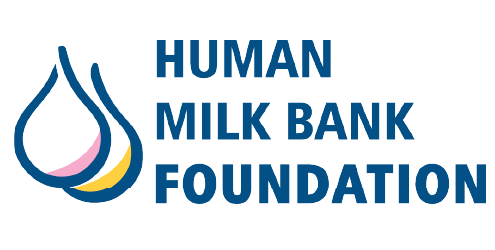I need milk for my baby
The idea of breast milk banks is to create opportunities to feed human milk to the infants who need it most; that is, those born prematurely with low birth weight and those who are severely ill. For these children, human breast milk is not only food, but also medicine on which their lives may depend. The needs of these children are met first.
Who can receive milk from the milk bank and under what conditions?
Milk banks make it possible to safely feed human milk to the babies who need it most – those born prematurely, those who are seriously ill and those who require intensive care. For these children, human breast milk is not only food, but also medicine on which their lives may depend. The needs of these children are met first.
Feeding with milk from a milk bank, as well as with pumped milk from a biological mother, is reimbursed by the National Health Fund in Poland, but only for enteral feeding ( tube or gavage probe) of premature infants up to the completion of 4 weeks of corrected life, and sick newborns who cannot be breastfed, up to 4 weeks of age. Milk banks usually also make donor milk available when a premature infant can already be fed orally, from a bottle, although the National Health Service does not reimburse for this procedure.
If there is a substantial supply of milk at the bank, in justified cases, milk from the bank can also be given to full-term babies who require prolonged treatment, are burdened with defects or are in a special life situation (orphaned babies, waiting for adoption). The decision to feed a child with donor milk from the milk bank is made on a case-by-case basis by the doctor and the milk bank team, and depends on the order of beneficiaries, which in each hospital may be slightly different. Milk from the milk bank is always provided free of charge.

